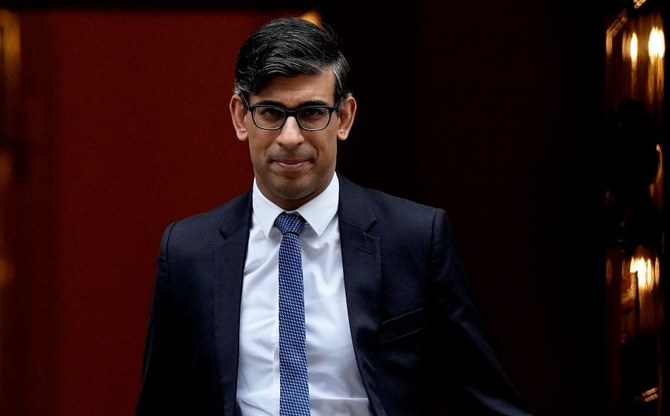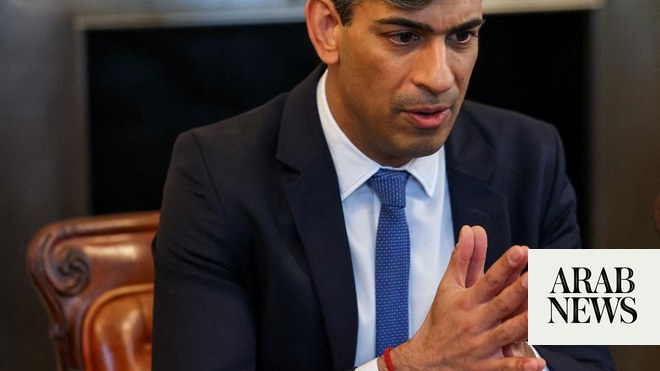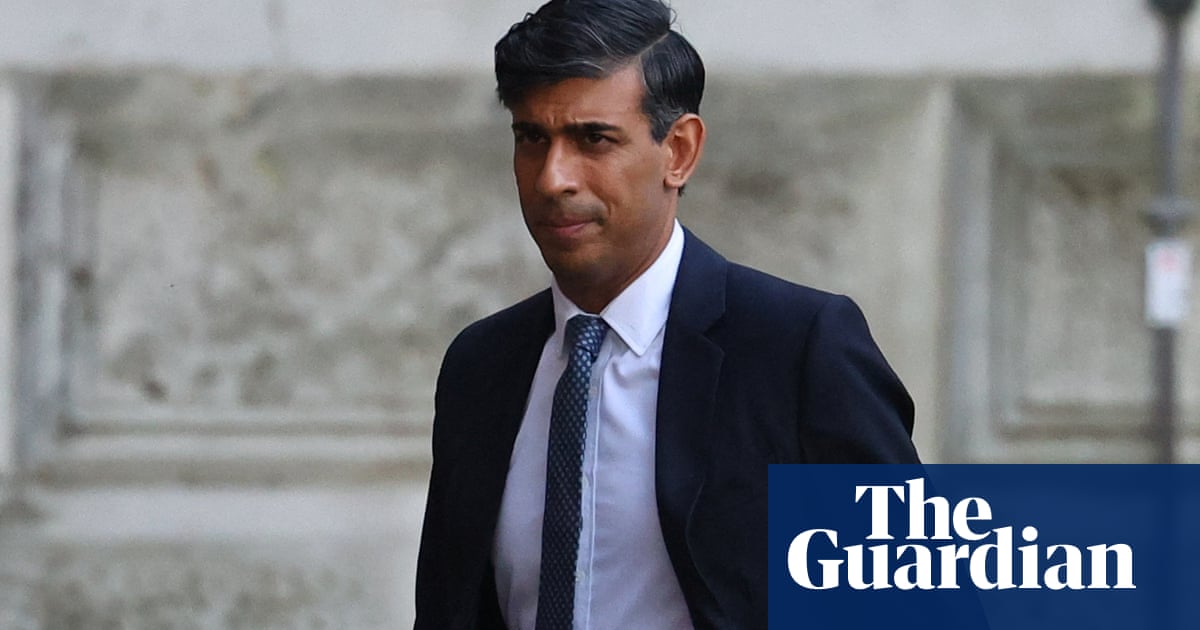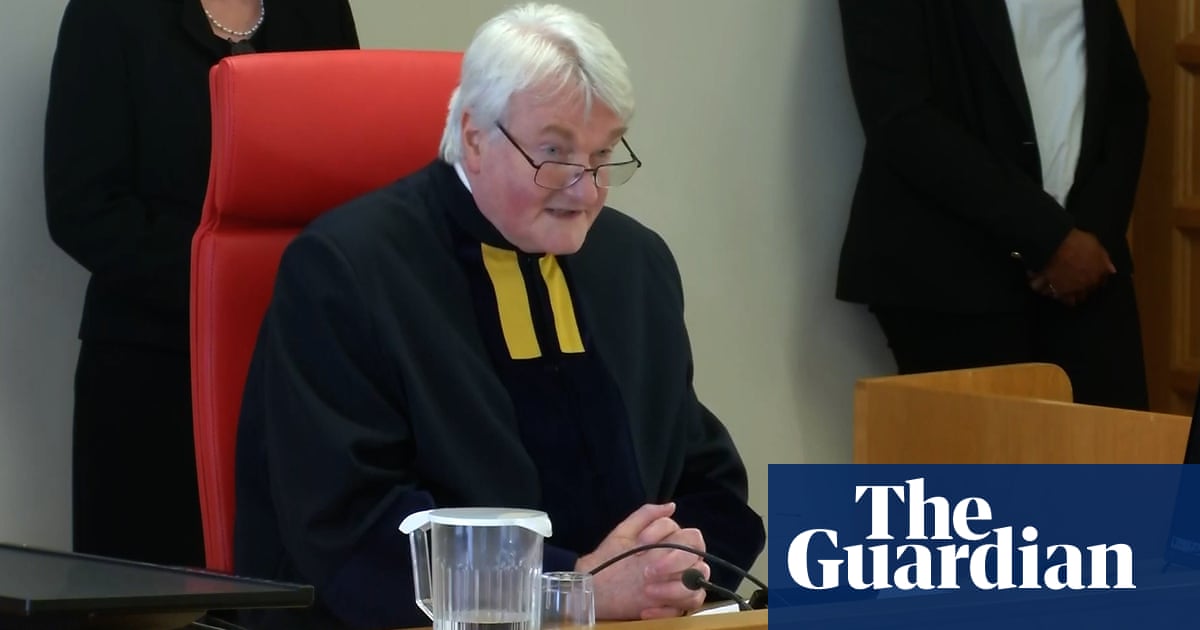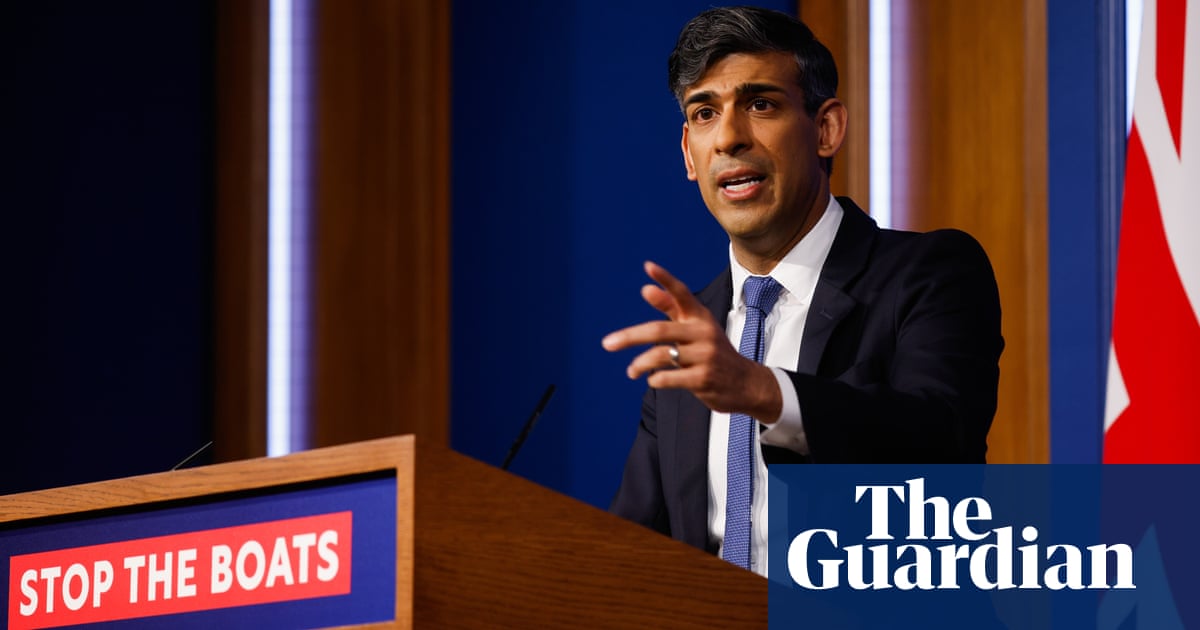
Hassan Akkad rose to prominence working as NHS cleaner during pandemic
Policy is ‘very depressing and it’s not a great look for Global Britain’
LONDON: Condemnation is raining down on Britain’s Home Office over plans to fly asylum seekers to Rwanda on one-way tickets.
Syrian filmmaker Hassan Akkad, who arrived in the UK after fleeing the war in his home country seven years ago, is among the latest to excoriate the proposals from Home Secretary Priti Patel’s office as an “ethical and moral failure.”
Akkad, who rose to prominence working as a National Health Service cleaner during the coronavirus pandemic, told Sky News: “The reason why you leave your country is if you don’t leave you die.
“You come here expecting to be protected and looked after only to be faced with this new law that the government is passing. It’s very depressing and it’s not a great look for Global Britain.”
While not surprised by the move, he described the policy as a “new low.” Akkad said the UK government’s plans would cost more than “putting people up at the Ritz.”
British Prime Minister Boris Johnson has rebuffed charities’ assertions that the plans are “cruel and nasty,” describing them as “morally right” and the “humane and compassionate thing to do.”
He added: “We cannot have people continuing to die at sea, paying huge sums to evil people traffickers who are simply exploiting their hopes and their ambitions.”
But government assertions that the plans are intended to “encourage” refugees to take “the safe and legal route if they want to come” to the UK has been compared to the Australian policy of housing those fleeing persecution in shoddy facilities on offshore islands.
Akkad and human rights organizations have been particularly concerned by the choice of destination, describing Rwandan President Paul Kagame as an “authoritarian leader.”
Kagame officially assumed office in early 2000, but as the leader of the force that ended the country’s genocide in 1994, he was seen by many as the country’s de facto leader under his predecessor.
Although he has won three elections since taking office, it was only in the most recent in 2018 that he permitted the participation of opposition parties.





